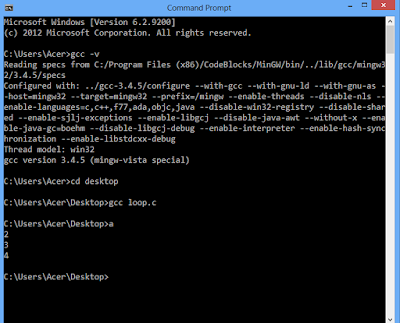During my childhood, I would travel to new places without using any technological equipment to store more routes, and I would make sure that I used my brain to store all the routes, especially by use of landmarks. Then came the technological revolution, as I articulate bellow
At first, when cell phones were introduced, the limited memory capacity would force someone to grasp at least the critical phone numbers, and of course, they had no Wi-Fi. Today, many people can not even store emergency contact numbers as smartphones have all kinds of support needed-apps, including voice recognition, sensors, etc.
The introduction of real-time GPS systems in cars revolutionized the transport system to the extent that, minus these systems, some people might need help tracing their way back to their homes. Cloud computing has provided information storage services that have made access to information omnichannel. Furthermore, we have moved into the establishment of smart cities that will decide on the way we utilize a cities resources for proper management; Internet of Things/Everything where even the smallest equipment can be connected online, robots, machine learning, and nano technologies are also some other aspects you could look at.
Information has become massive that it is now causing an overload not only to computers but also to humans. Today, some data - call it Big data can not be processed using conventional methods; a case in point is the information generated on social media and search platforms; it has called for more innovative ways of delivering information, a concept termed web 3.0/semantic web that uses ontological languages to make sense out the stored information. All this ensures that humans can store, process, query, or even think about handling information-related issues.
What about the security of our information? We are not only scared of information theft, as it might apply to information stored online, but also of information loss that might happen that - is not stored on any device. Do you trust your secondary storage devices- optical drives, tapes, or your head?
People have been taking various drugs to help improve brain function and reduce the number of sleeping hours to improve their productivity. Some of these drugs have also been seen in many academic institutions where some students have run mad. In contrast, others have committed suicide due to the immense pressure to store and recall information when needed. Some drugs have been medically proven to be used to expand brain power.
Putting all this and more in mind, it makes me think that very soon, human beings will run on memory chips as a supplement, and humans will voluntarily accept the implants to cope with the competition and dynamics of this ever-changing life. This kind of human evolution may be called homo "sapiens smart sapiens" - historians will tell us when the time comes. If this happens, how much capacity will you be able to handle a Megabyte (MB)? Gigabyte (GB)? Tera Byte (TB)? Petabyte (PB)......or a Geopbyte (GB)?

